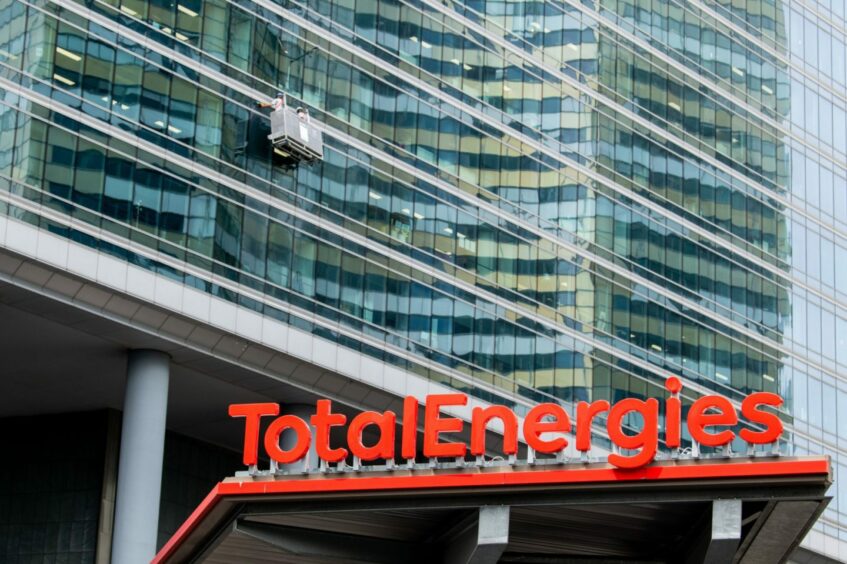
Total Energies (LON: TTE) is taking legal action against the climate activist group Greenpeace for publishing “misleading information” regarding the firm’s greenhouse gas emissions.
In a report from Greenpeace entitled “TotalEnergies’ Carbon Footprint Doesn’t Add Up”, the activist group claimed that Total’s scope 1 emissions, based on equity share, allegedly exceeded 160 million tons of CO2e in 2019.
The French energy company say scope 1 emissions based on equity share reported by TotalEnergies for 2019 actually amounted to 55 million tons of CO2e.
The energy giant says that spreading this type of misinformation “is serious” and can create concern around the brand’s “quality and reliability”.
Greenpeace reported on its website that it had found TotalEnergies’ emissions were almost 4 times higher than what the company reported.
In the article, Greenpeace wrote: “This report brings TotalEnergies’ entire climate strategy and carbon neutrality ambitions for 2050 into question”
In response to this Total said: “TotalEnergies has decided to initiate legal proceedings to repair the damage caused by the spreading of this misleading information by Greenpeace.”
Director general of Greenpeace France, Jean-François Julliard, said: “The glaring discrepancy between our estimated figures and TotalEnergies’ official statements should prompt the company to explain itself to investors and the public and be fully transparent.
“But rather than responding to the substance of the problem – its responsibility in the climate crisis – TotalEnergies is choosing the path of intimidation and legal attack.
“This attitude is typical of a fossil fuel company that would do anything to dodge its share of responsibility for the climate mess we’re in”.
What are scope 1 emissions?
Scope 1, or direct emissions, are defined by the Greenhouse Gas Protocol Corporate Standard, as: “Direct GHG [greenhouse gas] emissions occur from sources that are owned or controlled by the company.”
An example of these direct emissions would include, emissions coming from company vehicles, chemical production or infrastructure.
The allegations from Greenpeace come as rating agency Moody’s has reported Shell, BP and TotalEnergies’ share of low-carbon spending is growing as they try to diversify their portfolios.
Moody’s said: “In the next two decades BP, Shell and TotalEnergies are aiming to transform themselves into diversified energy companies that own, manage and market energy. They are laying the groundwork for this by gradually repositioning their asset and energy portfolios.
“The strategies they are pursuing are broadly similar — growing access to renewable energy, investing in existing lower-carbon operations and new energy growth markets — but with some differences in emphasis that play to their existing strengths; for example, Shell and TotalEnergies have particularly strong positions in natural gas and LNG.”
